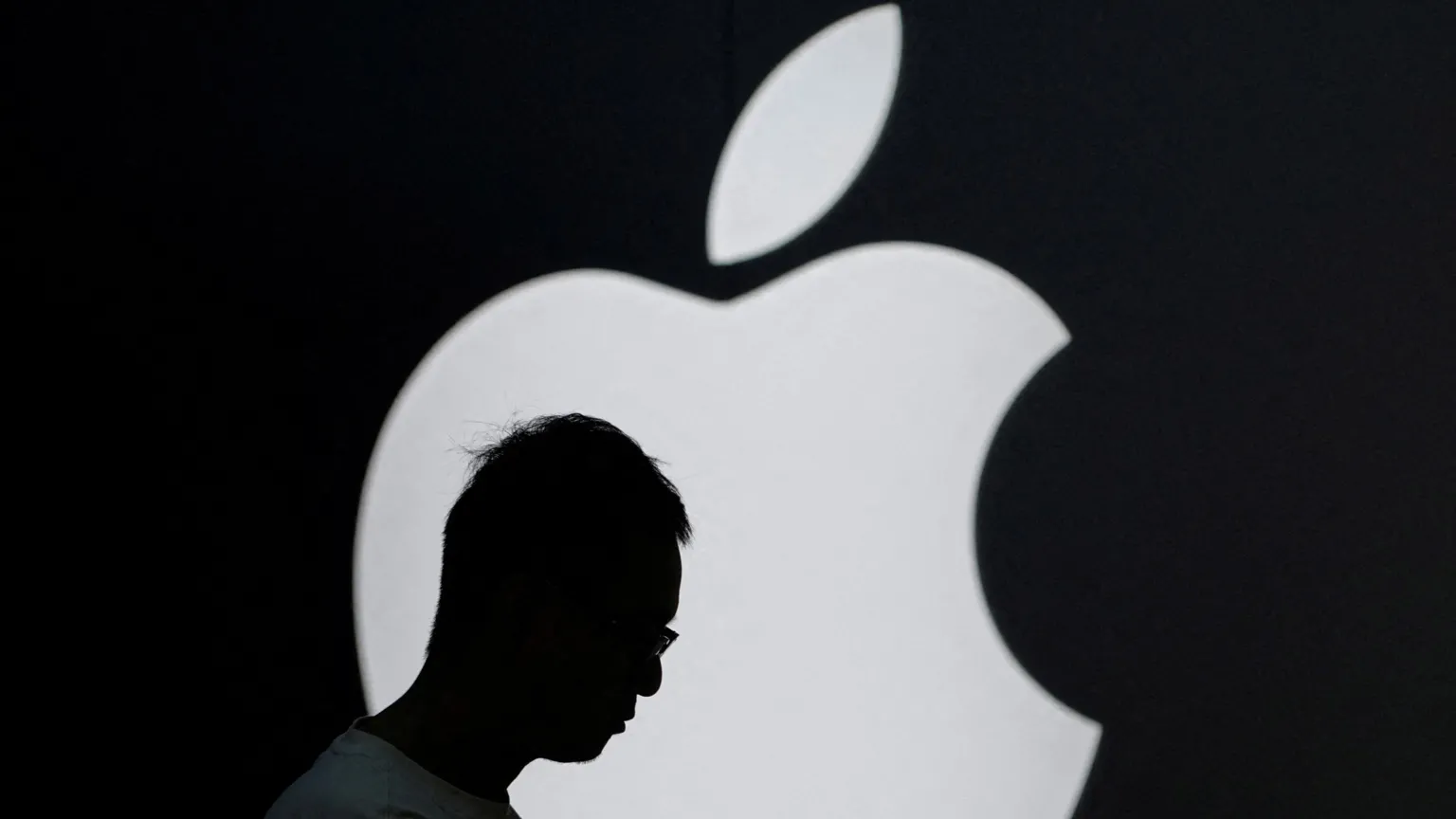In a major ruling affecting one of the world’s biggest tech companies, the European Court of Justice (ECJ) has ordered Apple to pay back €13 billion (about £11 billion or $14 billion) in unpaid taxes to Ireland. The ruling is the culmination of a long legal battle between the EU, Apple and the Irish government over what the EU has described as illegal tax benefits granted to Apple by Ireland.
Background: A long battle over taxes
The case dates back to 2016 when the European Commission accused Ireland of granting Apple unfair tax benefits that amounted to illegal state aid. According to the commission, Ireland allowed Apple to pay significantly less tax than other businesses, leading to a situation where Apple paid almost no tax on its European profits. The commission ordered Ireland to recover €13 billion in unpaid taxes from Apple, but both Apple and the Irish government contested the ruling.
Ireland has consistently argued against the requirement for back taxes to be paid, stating that it has complied with all applicable tax laws and has not given Apple any special treatment. Apple, on its part, has said that it has always followed the law and paid all its outstanding taxes. Both Ireland and Apple appealed against the Commission’s decision, which led to years of legal battles.
Final decision by the European Court of Justice
The recent decision by the European Court of Justice is being considered as the final decision on this controversial issue. The court said, “The Court gives final judgment in this case and confirms the 2016 decision of the European Commission: Ireland provided unlawful assistance to Apple, which Ireland is required to recover.” This decision overturns a previous decision made in 2020 by the lower General Court of the ECJ, which sided with Apple and Ireland, quashing the Commission’s order.
However, the High Court found legal errors in that 2020 decision and decided to uphold the original decision taken by the European Commission. This means that Ireland will have to recover €13 billion from Apple, despite years of legal efforts to avoid doing so.
Apple’s response to the ruling
Responding to the court’s decision, Apple reiterated that the issue was never about how much tax it pays, but rather which country should receive the tax payment. “This case was never about how much tax we pay, but rather which government we have to pay it to,” an Apple representative said. “We have always paid all our taxes, no matter where we operate, and have never had any special deals.”
Apple emphasized its role as a major taxpayer globally and its contribution to economic growth and innovation in Europe and around the world. “Apple is proud to be an engine of growth and innovation in Europe and around the world, and to consistently be one of the world’s largest taxpayers,” the company said.
Apple also expressed disappointment at the latest ruling, pointing out that the lower General Court had earlier overruled the Commission’s decision. “We are disappointed by today’s decision as previously the General Court had reviewed the facts and clearly quashed the case,” the company said. Period in question: 1991 to 2014
The tax dispute centres around the period from 1991 to 2014, during which Apple had two subsidiaries in Ireland that were used to control most of its European sales and profits. The European Commission argued that the way in which profits generated by these subsidiaries were taxed in Ireland gave Apple an unfair advantage compared to other companies that were not given the same tax regime.
According to the Commission, this amounts to unlawful state aid under EU competition rules. The Commission’s stance was that Apple’s tax arrangement allowed it to avoid paying taxes due in Europe, thereby distorting competition.
Ireland’s stance and implications for Dublin
Ireland has long resisted the notion that it gave illegal state aid to Apple, arguing instead that it complied with all applicable national and international tax laws. Dublin has been reluctant to recover taxes from Apple, mainly due to concerns that doing so could affect its reputation as a pro-business environment that attracts multinationals to set up their European headquarters in the country.
However, following the latest ruling by Europe’s highest court, Ireland is left with no choice but to recover the money from Apple and get it to comply. The development could have significant financial implications for Dublin, as well as potentially impact its relationship with other large multinationals operating in Ireland.
Widening crackdown on big tech companies by European Commission
The ruling comes at a time when the European Commission is increasingly focusing on regulating big tech companies and ensuring fair competition in the market. In recent years, the Commission has imposed significant fines on other tech giants for breaches of EU competition laws.
